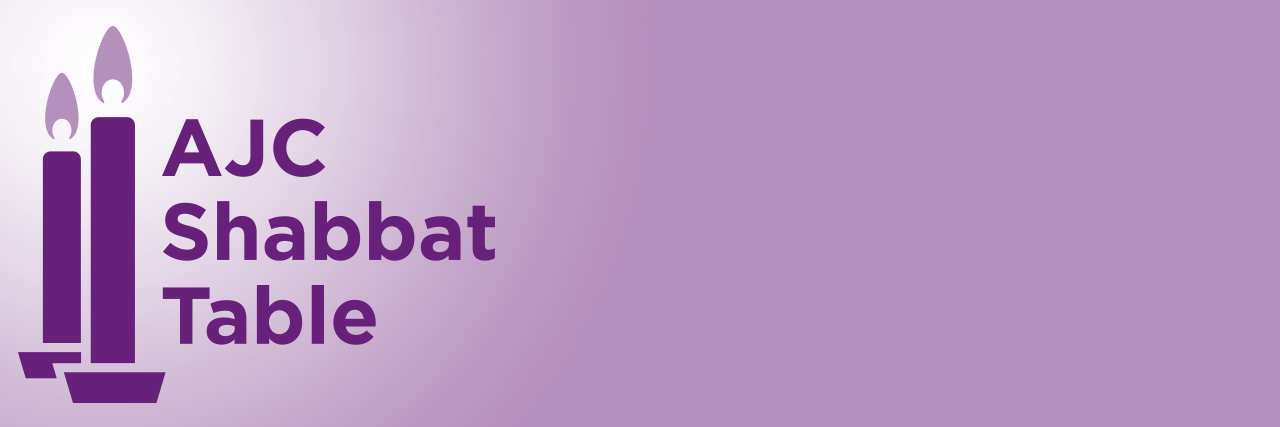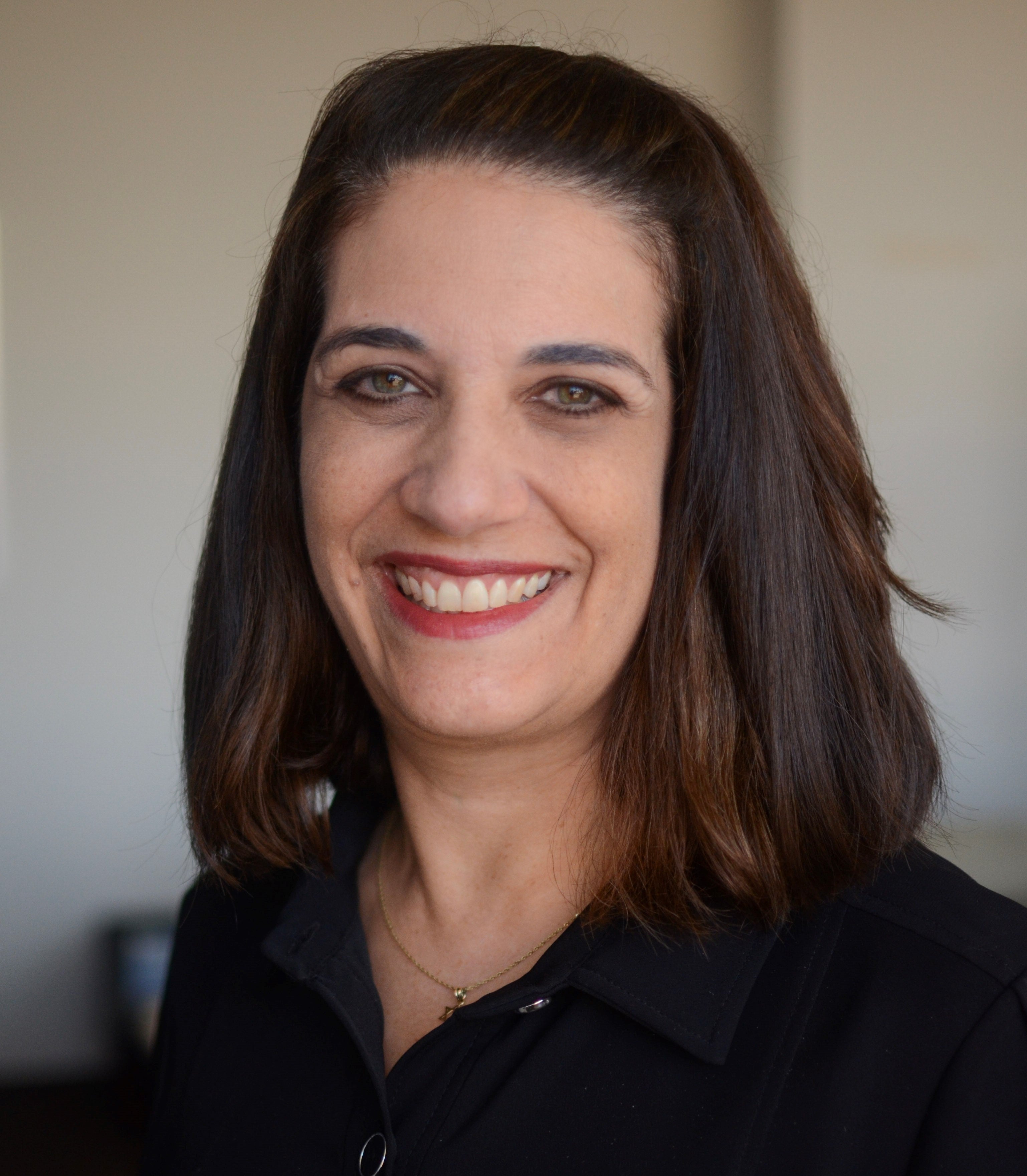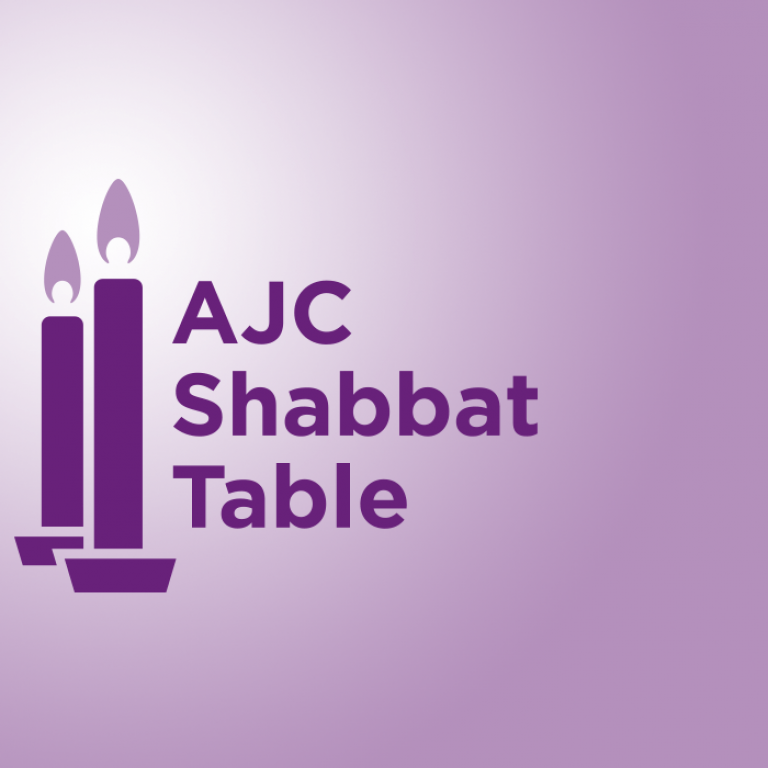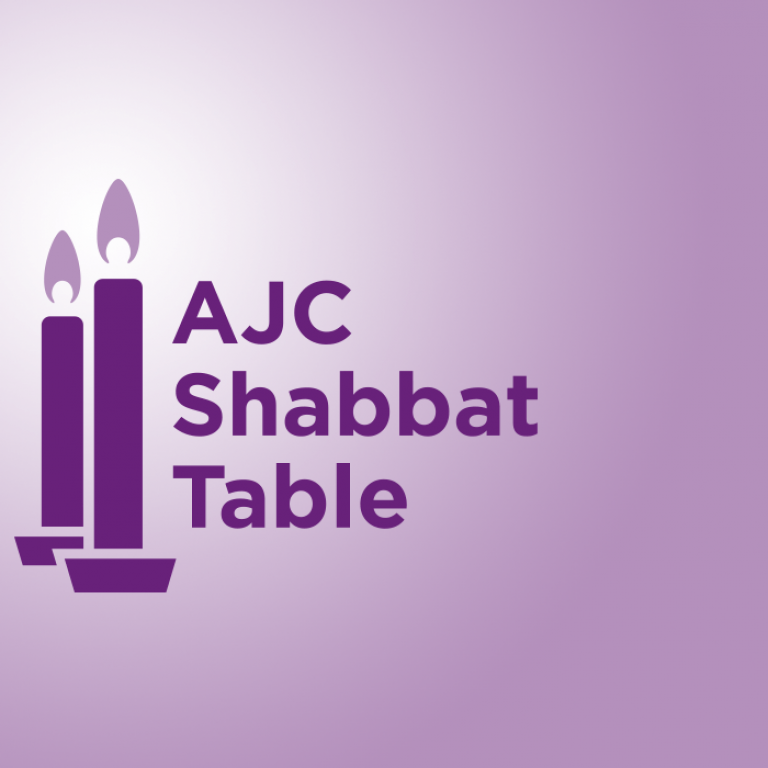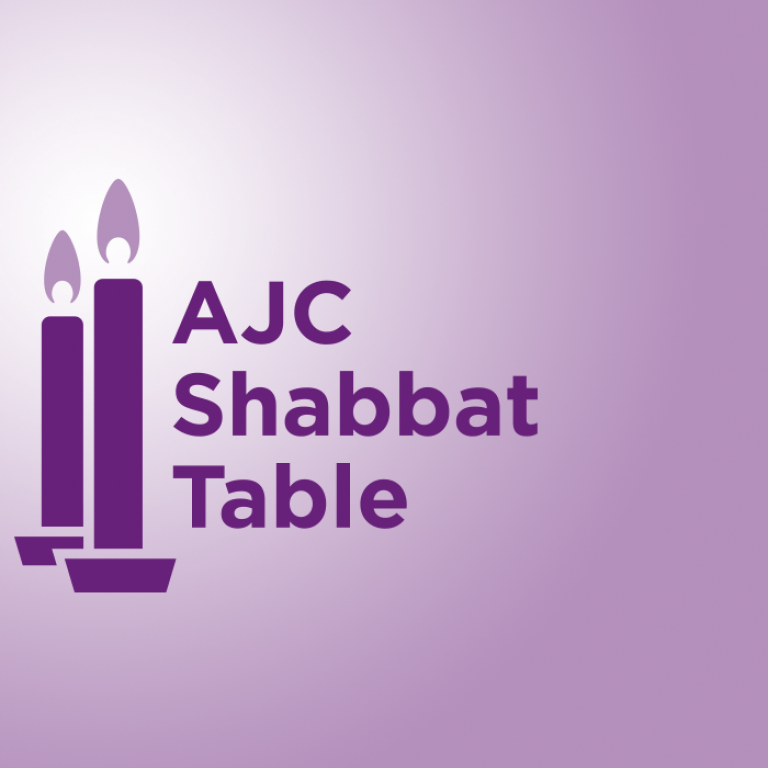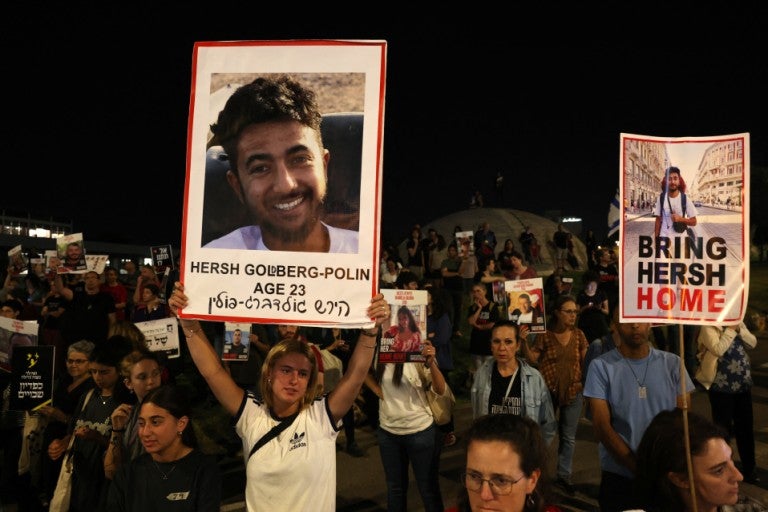March 26, 2021
This Shabbat: Shabbat HaGadol, Parshat Tzav and Erev Pesach
We are heading into another Passover that isn’t quite like the ones we remember from our pre-pandemic world. While some of us are vaccinated and able to have seders in person with some extended family, others of us will choose to get together with family over Zoom, and almost none of us will be returning to the overflowing dining rooms of Passovers of times past just yet. We’re not in the lockdown of 2020, but we’re not back to normal. In other words, we have a lot in common with our ancestors who fled Egypt all those thousands of years ago: we are neither here nor there. We are fleeing our slavery in the land of Covid, but we are not yet free people in our “own land.”
One of the most famous passages of the Haggadah, “Ha Lachma Anya,” gives us a way to think about our strange situation. It reads:
This is the Bread of Affliction which our ancestors ate in the land of Egypt
Let all who are hungry come and eat
Let all who are in need come and observe the Passover holiday
This year we are here
Next year in the Land of Israel!
This year we are slaves;
Next year we will be free!
The late Rabbi Jonathan Sacks notes that this passage offers a strange invitation. Are we really being hospitable to the hungry when we offer them bread of affliction? He goes on to say that actually this passage offers us deep insight into what it means to be enslaved and what it means to be free. Matza is the bread of affliction, yes, but it is also the bread that the Jews ate as they escaped slavery into freedom. It is a transitional food. What transforms matza from the bread of affliction into the bread of freedom? Rabbi Sacks says it is the willingness to share it with others. Slaves, who are so worried about their survival, are unable to share their food. Free people are able to envision a future, building a society based on companionship and shared resources.
We are all hungry this year -- hungry for family and friends, shared experiences, and a return to normalcy. May we share the bread of affliction at our seders this year, whether virtually or in person, knowing that we are working our way through the transitional space between slavery and freedom. And, as we assuage our hunger for companionship and our need to celebrate together with our loved ones, let us envision a future in which we will finally be free.
For Seder Table Discussion:
- While we have all been enslaved by Covid-19 this past year, the pandemic is not the only oppression that exists in the modern world. As we transition between slavery to the pandemic and freedom, how can we look outward and remember those around the world who are struggling and are in need of our help?
- The word “Haggadah” means “the telling.” We use it to tell the Jewish people’s central story of going from slavery to freedom. Why is this our central story? Why is it so important to tell it each year? What lessons does that story convey to us today in 2021?
- The Four Children of the Haggadah - wise, wicked, simple, and the one who does not know how to ask - remind us that people at our table have many different perspectives, beliefs, and abilities. How can we take the lessons of sitting together with those different than we are to our work as Jewish advocates this year?
A Treasure from the AJC Archives
In 1947, AJC, in partnership with the Mutual Broadcasting System, aired a Passover radio program titled “The Bitter Herb,” which told the story of a Jewish family, separated during the Holocaust, that reunites in America. Interspersed throughout the program were songs from the Passover liturgy. The program depicted the struggles of refugees after the war and the importance of opening America’s gates to receive them. It is truly amazing to see AJC’s skillful advocacy for the needs of world Jewry in this terribly challenging time. You can read the moving script of the program here.
This Week in Jewish History
March 29, 1951 - Julius and Ethel Rosenberg are convicted of espionage
Julius and Ethel Rosenberg are perhaps two of the most notorious American Jews to have ever lived. On March 29, 1951, they were convicted of spying on behalf of the Soviet Union for providing top-secret information about the American nuclear program to the Soviets in the middle of the Cold War. They were sentenced to death and executed by the United States government two years later in 1953, becoming the first American civilians to be executed for espionage.
American Jews watched the Rosenberg trial with quite a bit of trepidation. The defendants had conspicuously Jewish names and the accusation that they had spied for communist Soviet Union fed into antisemitic tropes that American Jews were in cahoots with communists, a particularly fraught accusation during the Cold War. The Jewish establishment, including AJC, distanced itself from the Rosenbergs, and came out emphatically against communism, working to root it out of Jewish communal spaces. Even Jewish organizations that opposed the death penalty for the Rosenbergs did not quibble with their guilt, simply arguing that the death penalty was an unjust punishment.
While the Jewish community feared an uptick in antisemitism due to the Rosenberg case, their fears did not end up becoming reality. In fact, the percentage of Americans who believed Jews were “more likely than others to be communists” actually declined from 4% in 1950 to 1% in 1954. However, the case did deal a severe blow to the Jewish left, members of which found themselves ostracized both inside and outside the Jewish community.
For many years after their conviction, Julius and Ethel Rosenberg’s sons maintained that their parents were innocent of the charges against them. In recent years, after the release of grand jury transcripts from the case, some have called for an exoneration of Ethel Rosenberg, who is now seen to have been more of an accessory to her husband’s espionage ring rather than one of its key members.
Shabbat Shalom and Chag Sameach!
שבת שלום וחג שמח!
